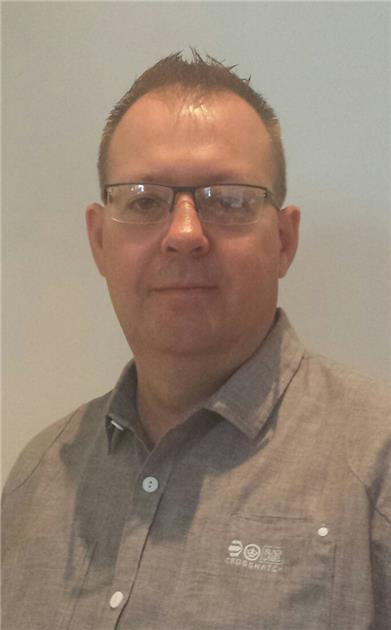Hello everyone,
I am a 45 y/o male with managed Hpyertension , but otherwise healthy. I was diagnosed with AF back in September 2014. I underwent cardioversion which last for 3 days. After this I was told that my AF was permanent. I had catheter ablation in November 2014 but was told I would probably need a 2nd. Medication provided was Sotalol 80mg twice daily and Rivaroxaban (Xarelto) 20mg once daily. The 80mg Sotalol does not agree with me as it makes me feel very tired and lethargic. My GP agreed. Therefore I was prescribed 40mg instead. April 2015 saw my 2nd ablation. Everything seemed ok following this. I had my 3 month follow up and was told I was 'clear' and came completely off the meds apart from the Rivaroxaban.
Come mid August 2015 and AF was back. We tried Flecainide with Bisopralol due to issues with 80mg Sotalol. However, this was as effective as the 80mg Sotalol and I had a massive episode - worse than anything I had experienced before and for around 8 hours. I had my 3rd ablation in November 2015 and again AF returned at the end of December. I saw my consultant yesterday who has confirmed that my AF has returned and that he is at a loss as to why it keeps returning. He mentioned that I am indeed an 'enigma'. We are now going to try 40mg Sotalol twice daily along with 100mg Flecainide twice daily. I started this last night when I got home and so have now had two and I am still having bad AF episodes.
Has anyone else gone through a similar (or worse) experience? It would be interesting to know. I would dearly love to know what options there are for me - would a 4th ablation really work? Would it be possible to locate where an episode is starting from and maybe get it treated that way? Why doesn't my consultant want to fit a pacemaker?
Take care everyone
Shaun
